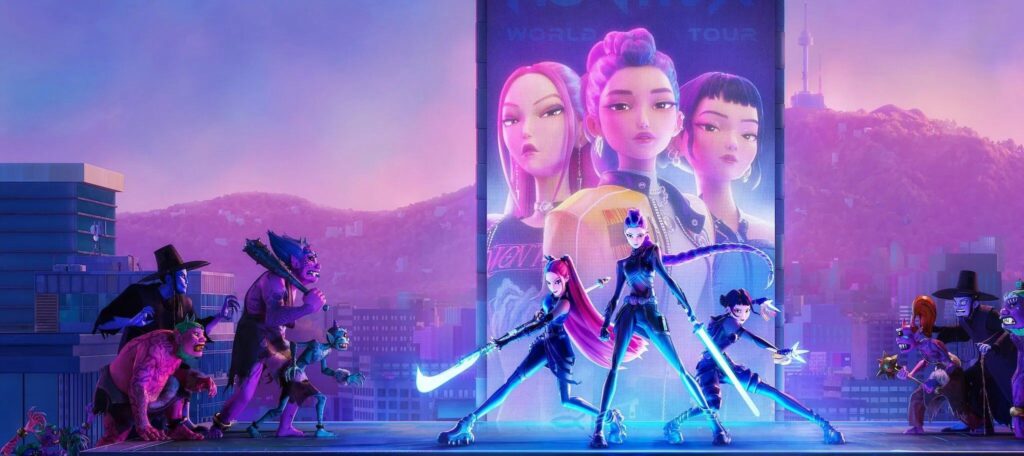Cabinet ministers asked to find ‘ambitious’ spending cuts as Carney government prepares first budget: sure we could cut things… but how about we tax the rich first?
The Stochastic Game
I was there in the early 2000s when companies sent code to be written in India. A few years later, problems started piling up because Indian teams moved on from contract work, and nobody here knew the codebase anymore. Anyway, now code is written by genAI, but that will always be there, at the same price, right?

Publishers currently in trouble because of Diamond’s bankruptcy include Dynamite Entertainment, who makes stuff like The Boys and licensed series like Army of Darkness, Gargoyles, Terminator, or Red Sonja. They have a Disney Humble Bundle out and probably need some help!
This sucks pretty bad: many comicbook and TTRPG publishers have large amounts of inventory in consignment with bankrupt Diamond distributor, who may liquidate it to pay their loans… so these publishers are themselves in big trouble 😕
The DC Comics History of SUPERMAN’S Identity Concealing Hypno-Glasses: I really enjoyed this historical recap of Clark Kent’s “glasses problem” and how it actually made sense for several decades, until we basically lost the plot.
Amid tariffs and falling sales, is Canada’s EV mandate doomed? Well, Europe and China are aggressively going after the EV market. Canada abandoning it only makes sense if we want to follow the USA into obsolescence.
Headphone review forums are like “well these $200 headphones are fine, I guess, but there’s a noticeable lack of sound quality compared to these $500 headphones”
I found a new dog breed: the River Potato

I just watched K-Pop Demon Hunters with the youngest kid and everyone’s correct: it’s a lot of fun! (well, assuming you like K-pop and demons at least a little bit, obviously)

The fluffy good boy is trying to look extra good, just in case he gets a Lee’s Donut. Of course there’s no way he will get any because, well, it’s mine, and it’s got custard in it.
